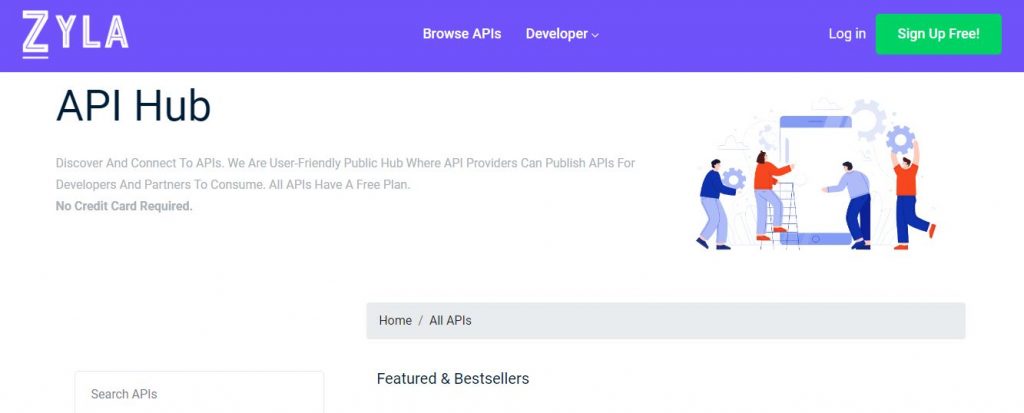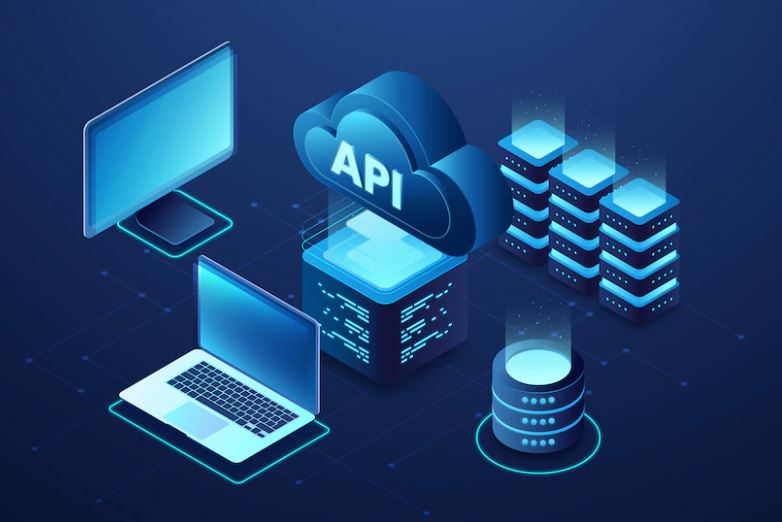Do you want to start selling your API as a service but are not sure if doing so in a marketplace can bring you many benefits? Allow us to change your mind with this article!
APIs are no longer a niche interest; more than 40% of large corporations now use more than 250 APIs. In addition, 71% of developers anticipate using APIs even more in the coming year. This enthusiasm has resulted in a gold rush as investors hurry to place more emphasis on this emerging field. API economy has been dubbed the “next billion-dollar opportunity.”
This increased interest in APIs as a source of revenue has several implications for the API industry. First and foremost, a rush of new API development will almost certainly occur in order to capitalize on the new market. API creators and developers will almost certainly be looking for new ways to sell their APIs.
API monetization will become increasingly important in the coming years for all of the reasons stated above and more. To help you have a better understanding of these important changes, we have put together a detailed checklist to tell you exactly why an API marketplace is the best tool in terms of API monetization.

What Is API Monetization?
Practically speaking, API monetization refers to any method by which an organization attempts to generate revenue from an API product. But while the definition is simple, the specifics are far more complex.
API monetization, for example, is more than just revenue. It also includes all of the preparation that goes into generating that income stream. It should take into account the maintenance effort and costs required to keep your API operational, making it a viable product for API consumers. As a result, API monetization and API management are inextricably linked.
Benefits Of Using An API Marketplace
Some of the benefits of using API marketplaces for API providers include:
-API keys and security administration. Users who pay for the services provided by your APIs expect them to be secure. It is not advised for those who are not security experts to manage security on their own, so letting an API marketplace handle that area is logical.
-Billing, quotas, and pricing strategies. It is not always simple to manage payments and implement various pricing plans (think about freemium models). It may not be worth the investment to produce everything from scratch when marketplaces already provide it.
-API landing page development and SEO. Marketplaces will create a webpage for your API, complete with documentation and any descriptions you wish to include. This page will then be indexed by the major search engines as well as the marketplace’s internal search engine.
Whereas these are all features shared by all APIs for sale, API marketplaces implement them all together and make them available to everyone. In exchange, they charge a marketplace fee, which is typically around 20% of all revenue generated from the sale of your APIs.
Because API marketplaces make money from selling your APIs, their interests are aligned with yours. Therefore, platforms like Zyla API Hub will make everything in their power to help you sell your services!

Why Zyla API Hub?
Zyla API Hub describes itself as a simple, immersive, and proactive public platform where API developers can submit their project for use by customers and clients.
Users can connect to and use APIs through Zyla API Hub. Every API has a trial period. The usability, speed, and support of the APIs in this site were all carefully considered when they were chosen and recommended.
With Zyla API Hub Marketplace, it’s all about you! You will be able to market your API to influential industry companies and individuals. This means that Zyla API Hub will make every effort to keep your APIs’ cost as low as possible. It can also make marketing recommendations to make it easier for people to find and use your API.
Take advantage of all these benefits and start selling your API in Zyla API Hub now!

